
The sleepy town of Appleby in Cumbria is set in a picturesque vale under an expanse of clean blue sky. Among the green rolling fields of the Yorkshire Dales with naught but a stream and a steam train occasionally chugging through.
But once a year, in the first week of June, the heartbeat of this little village quickens with the pulse of a thousand horses hooves thundering in. Appleby Horse Fair is one of the biggest events in the calendar for Roma Gypsy and Travellers, with people coming from all corners of the British Isles and even as far as Europe to meet up.
In total around 10,000 gypsies and 30,000 locals and tourists descend on the small village over this special week and I was one of them. The fair was one of the most exciting events I’ve been to, not just because I love horses, but also from a cultural perspective. Forget all your preconceived notions, ignore the tabloid headlines – the gypsy folk are polite and friendly. Like any group of people, there are bound to be those who give others a bad name, but it’s not fair to tar all with the same brush. With their electric blue eyes, cheeky smiles and shocking use of hair gel, you can’t help but be charmed.
The fair has no timetable, no rules, you just need to wander around and soak it all up. As you walk down from the station, the first thing you may notice are the wagons being driven into the village from all sides. It’s a bit of a surprise at first seeing the beautiful wooden, gold embossed wagons, pulled by two black and white cobs. Feels like you’ve stepped back in time to a previous era when life was slower. Set against the pretty town and the soft green hills, it’s an enchanting sight! Obviously not all travellers have the old fashioned wagons, most either live in houses or caravans!
At the village centre, everything is a go – there are horses everywhere! People wander around them, assessing their form, looking inside their mouths to double check their age. This is a proper fair! The local pub has set up a BBQ outside and the delicious smell of grilled meats fills the air.
If you wander down to the river bank you can see one of the highlights of the day – the gypsies riding their horses into the river to bathe and wash them. This tradition dates back to the origins of the fair in the 1700’s and usually includes a dunking under water. It’s incredible to see small children completely in control of these giant creatures. You’d be hard pressed to find many adults these days in society who can manage a horse, let alone a child. A small part of me still feels that a man can never be a real man until he can handle a horse – it must be the part of me that grew up in Spain where horses are still a very strong element of the national pride and culture.
The real spectacle of the fair lies a good 15 minute walk from the village centre, there’s no way you’ll get lost if you follow the procession of people making their way there, or wandering back with an assortment of horse related objects (saddles, bridles etc) from the market nearby. The road is a confusion of cars, horses and traps making their way to the flashing lane, visitors wandering off the paths and loose horses being herded up and down.
You’ll know you’ve reached the flashing lane when you see the wooden barriers on either side of the road and I would strongly recommend you stay behind them as the horses come rocketing down the road in both directions at break neck speed. This is the part of the fair that really makes you feel like you’ve left your world behind. Tiny boys ride giant stallions bareback at a pace, narrowly avoiding wagons and stray people on the road.
Pacing is a very fast lateral trot where the whole left side of the horse moves forward (front and back left legs) followed by the right. It creates a gentle rocking which can sometimes be uncomfortable to ride with, but is often used for harness racing. As a horse enthusiast, it was really exciting for me to watch the incredible levels of control and horsemanship on display, but it’s a show even for people who don’t know much about horses. Unfortunately there will always be incidents of young people acting stupidly, and we saw a couple of groups of lads racing each other, taking over both sides of the road in an attempt to overtake, which could end disastrously should they run into a horse coming in the opposite direction. Happily though there were no big accidents on the day I visited and most riders are responsible and sensible too.
When I told people I would be heading up to Appleby, I was met by shock, worries for my safety and many derogatory comments about gypsies. It is such a pity that people can be so closed minded and that the gypsy community has achieved such a bad name when they are a people with a wealth of history and culture that is truly fascinating. In some ways they have a lifestyle that a lot of people would envy, with no fixed home, just the open road and itchy feet, blowing where the wind takes them. The gypsies at the event were so busy catching up and meeting each other, they didn’t have much time to spare the guests, but they seemed incredibly kind and warm. There was even a gypsy education tent for the guests to go and ask questions and discover more about the people. I thought I’d copy down some of the myths and misconceptions that the Gypsy Council had printed out on a banner:
Myth: Gypsies are foreign
Truth: Though Roma gypsies are said to have originated in Rajasthan in India, they have been part of UK society for 500-800 years.
Myth: Gypsies are dirty
Truth: Gypsy culture is built upon strict codes of cleanliness, learnt over centuries.
Myth: All gypsies live in caravans.
Truth: Less than 40% of gypsies live in caravans. The majorities of gypsies live in houses and take their cultures with them.
Myth: Gypsies and Travellers are work shy.
Truth: GRT employment opportunities are limited although gypsies and travellers traditionally start work younger, are self-employed and skills are passed down.
Myth: Gypsies and travellers dont pay tax.
Truth: Gypsies and Travellers pay tax like anybody else.
Myth: Gypsies have a genetic wanderlust.
Truth: As an ethnic group GRT people have a nomadic heritage created by two factors: the pull of economic opportunity and the push of persecution.
Myth: Gypsies and Travellers have never contributed anything to society.
Truth: There are gypsy and traveller journalists, artists and musicians, academics and sportsmen and women. Many gypsies sacrificed their lives in the first and second world wars.
The Appleby Horse Fair has been continuing on since 1775 and is a wonderful day out, for elder people and children alike. It’s a fascinating opportunity to get to meet people from another culture and walk of life, I only wish that I had been able to befriend some of the travellers! The vibe in the air is joyful, the camaraderie between the police and the gypsies is a pleasure to see, with one policeman even hopping up onto a gypsy cob for a photo (and subsequently falling off, laughing!) I saw almost no drunk people, no fights, and only one or two instances of horses being raced too hard. The number of arrests for disturbances is proportionate to any big event with 50,000 people in attendance, and certainly lower than any British drug and alcohol fuelled festival! Visit Appleby, be respectful and let your mind grow!
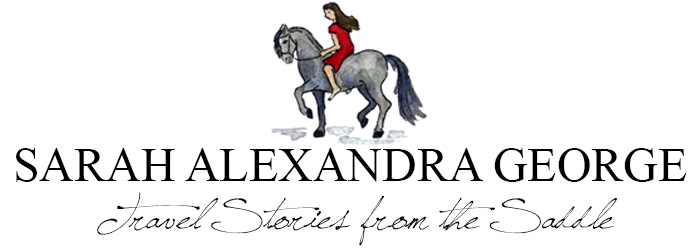























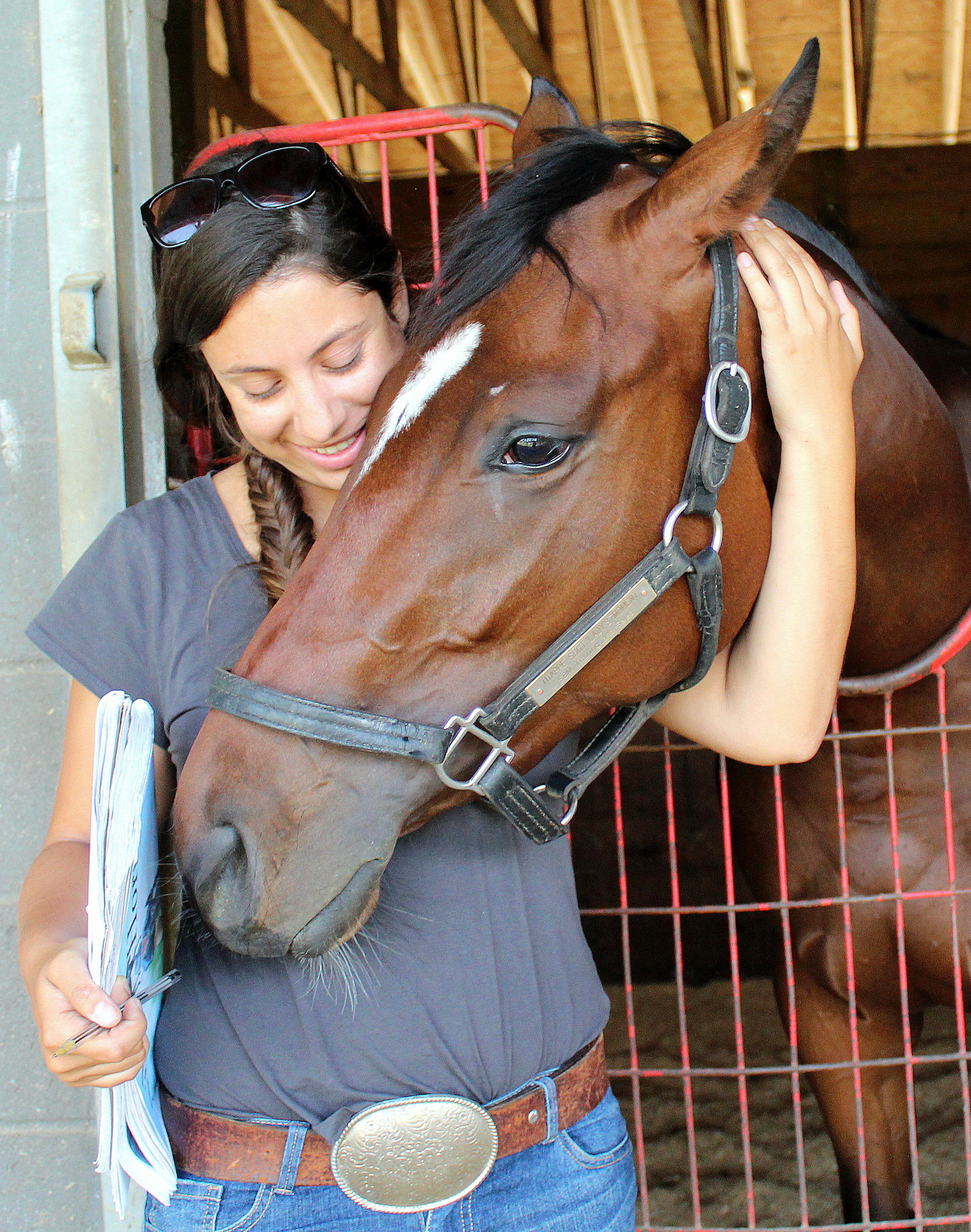

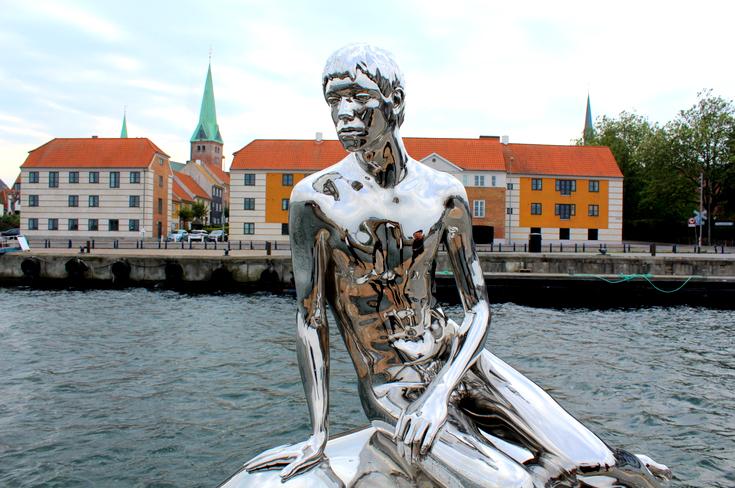
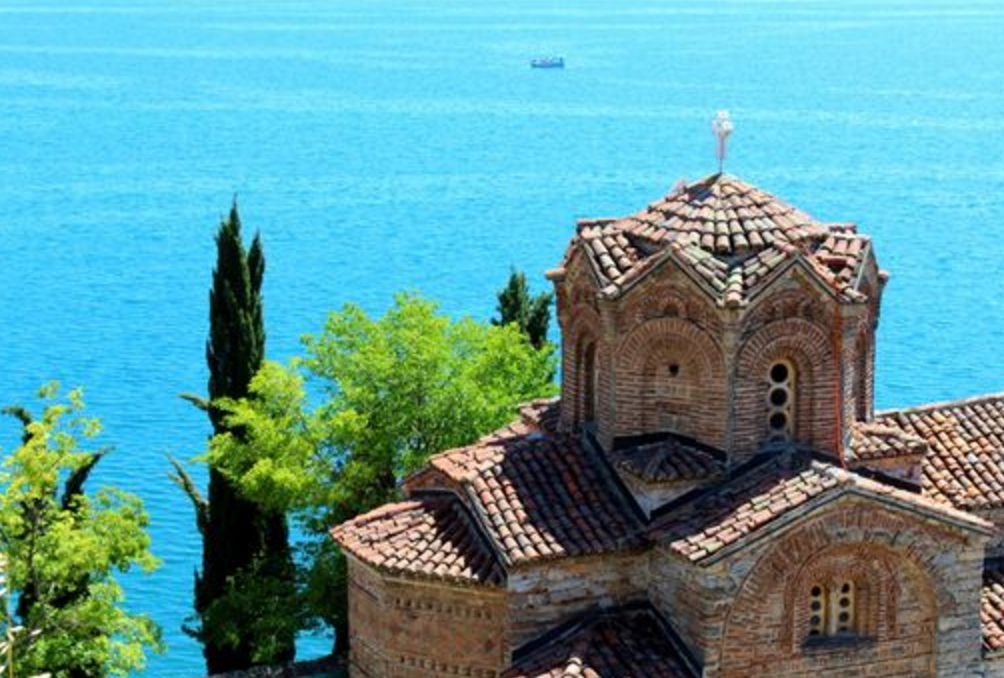
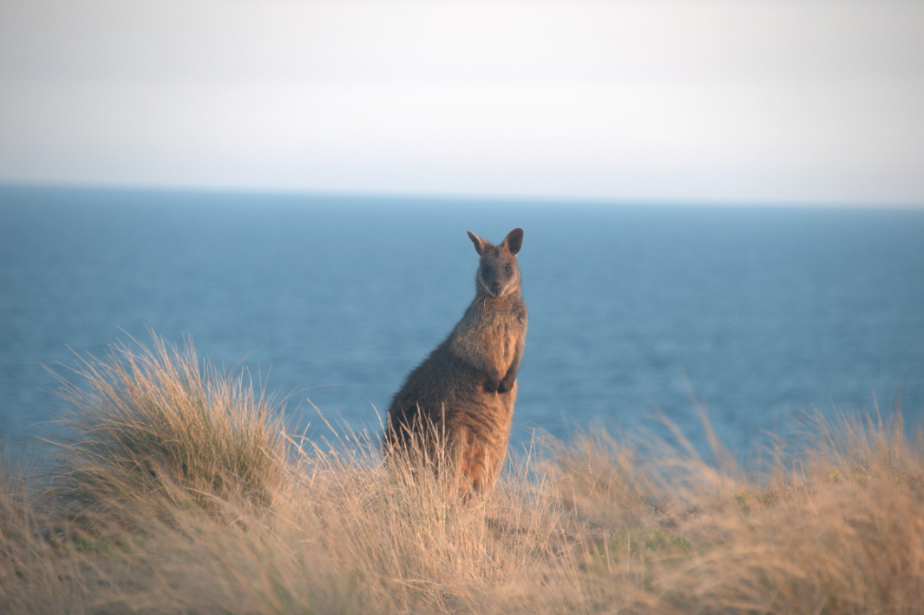

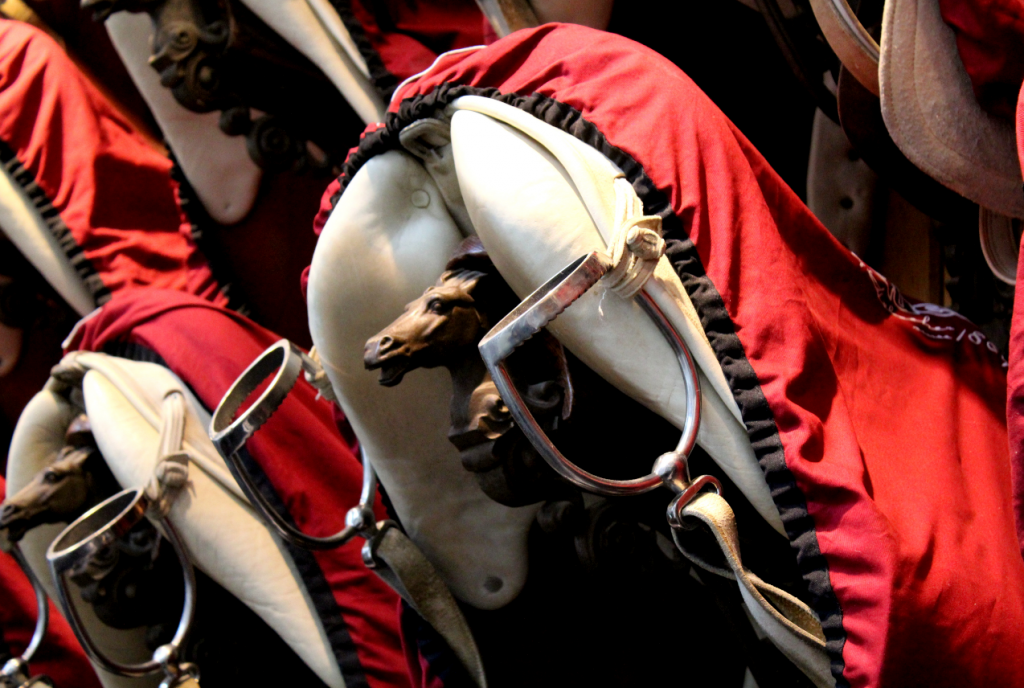


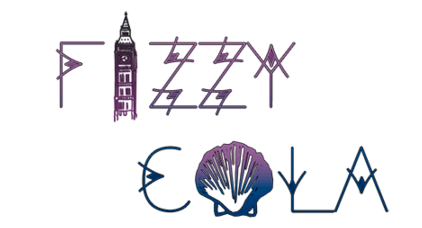


July 27, 2015
Fascinating post – it’s always great to see something a bit different than the typical travel post!
Emma x
July 27, 2015
Why thanks Emma! I’m on the hunt for horse travel experiences around the world! 🙂